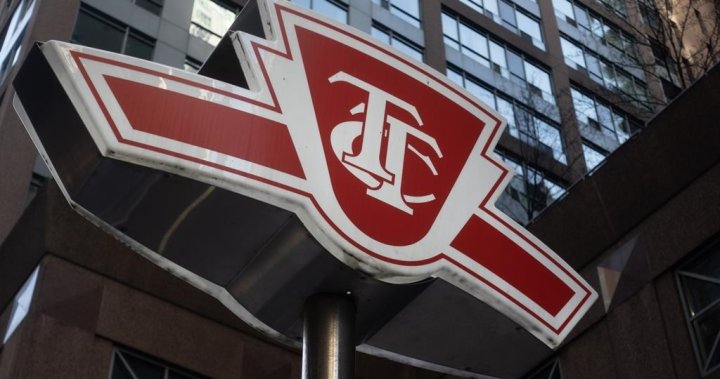Drew Neilson spent a good portion of his youth screaming down snowy slopes all over the world in pursuit of podiums.
He was successful too, winning the X-Games, the 2007 Crystal Globe as overall snowboard cross World Cup champion, and earning selection to the Canadian Olympic team for both Turin 2006 and Vancouver 2010.
But now a decade into retirement, he says he can’t help but speak out about the 2022 Beijing Olympics and the International Olympic Committee’s willingness to partner with China, calling for a full Canadian boycott of the games.
“I’m really disgusted. I don’t even want to be called an Olympian anymore,” he said from his home in North Vancouver.
“The IOC recognizes … human rights as enshrined both in the fundamental principles of the Olympic Charter and the code of ethics, and they say the IOC takes this responsibility very seriously. But do they?”
Neilson feels there is no way to square professed Olympic ideals with China’s long list of troubling issues: Uyghur internment and human rights abuses, aggressive expansionism, the detention of Michael Kovrig and Michael Spavor and the Peng Shuai case, among others.
The diplomatic boycott announced by Prime Minister Justin Trudeau earlier this month, he said, doesn’t go far enough.

“I’m not against the Olympics. I am against defending the organization that is running it and [the country] they are taking it to,” he said.
Neilson’s call for a boycott seems an outlier in the athlete community, especially among those who were caught up in Canada’s boycott of the Moscow 1980 Olympic Games.
Former Olympic team swimmer Eugene Gyorfi said Moscow is proof boycotts don’t work.
He was 16 in 1978 when his parents remortgaged their Kitimat home to help pay for better training opportunities in Vancouver with the dream of making the Olympics. Their sacrifices paid off until politics took over.

Gyorfi was selected for the 1980 Olympic team just weeks after Canada announced it was following the U.S. in boycotting the Moscow Games in protest of the Soviet invasion of Afghanistan.
“I still have the letter from the government announcing the boycott and how it wasn’t just athletes. [It said] farmers weren’t going to be selling grain to the Russians, and that there were a number of measures that were really going to show the Russians,” said Gyorfi.
“It made no difference … it didn’t cause them to withdraw their troops, and it didn’t cause them to change their political policies.”

Forty years later, Gyorfi still feels twinges of regret: for his parents who never got to see him on the Olympic stage, for his teammates who were set to win medals, and for his own lost opportunity.
He said it’s hard to understand a fellow Olympian advocating for a boycott.
“It’s especially unfortunate from an athlete who was able to participate and see the benefit of those competitions,” he said.
But Neilson stands by his position, believing a Team Canada boycott of Beijing to be the only morally correct option.
He feels so strongly, he’s considering asking the Canadian Olympic Committee to strike his name from the historical roster, and has even mused about joining protests against China and burning his Olympic gear in solidarity.
“It just boggles my mind that people can look away from what’s going on in China, just so they can watch people play games for little pieces of metal,” he said. “That’s really sad and unfortunate.”







More Stories
29 Olympics, no medals? No problem. Quebec-led fencing squad hungry for history | CBC News
Bears take Caleb Williams with top pick as record 6 QBs chosen in 1st round of NFL draft | CBC Sports
Smash cars and catfish: What Nashville has in store for the Vancouver Canucks